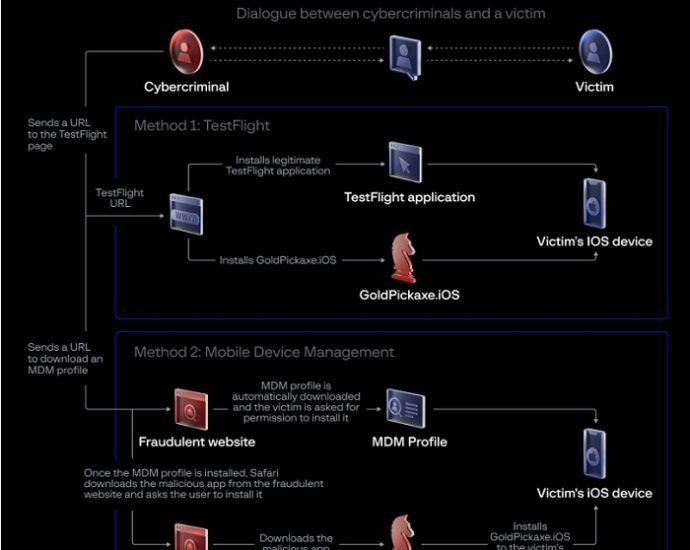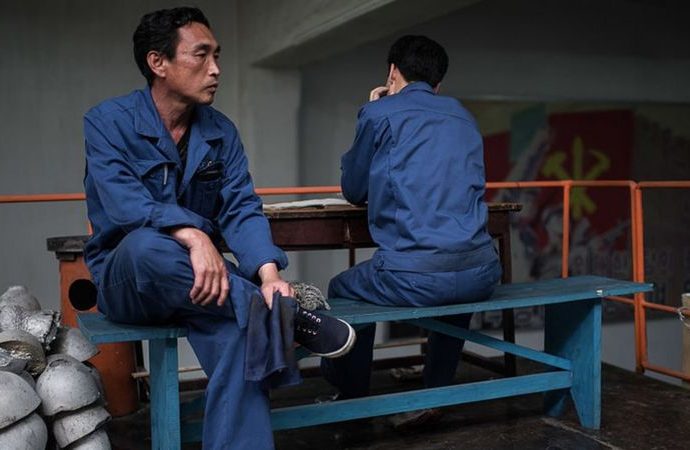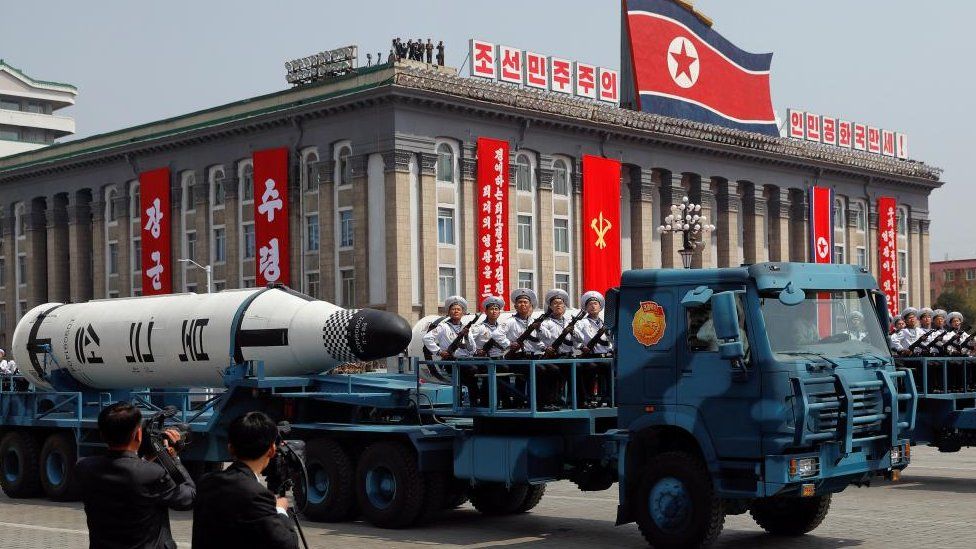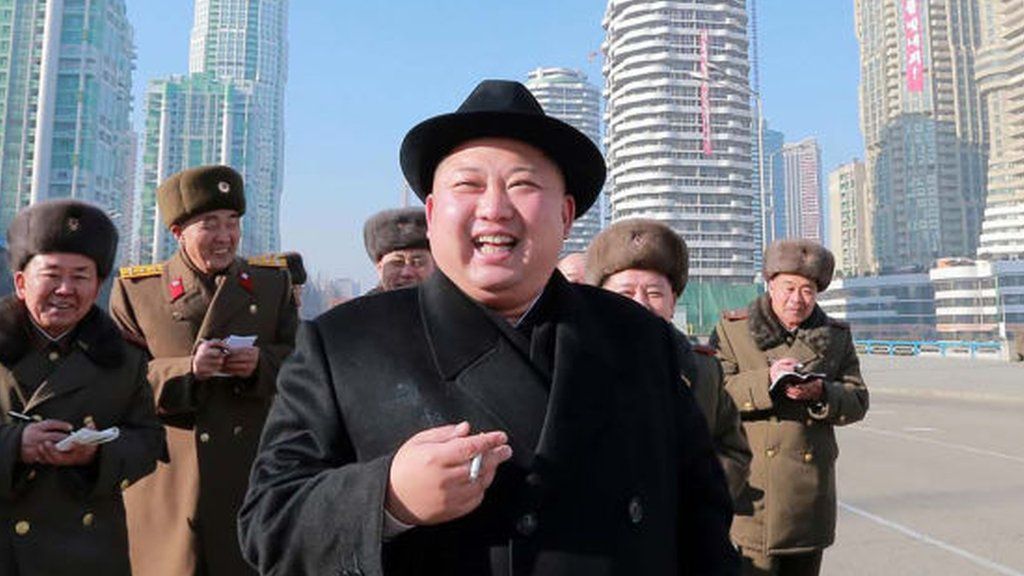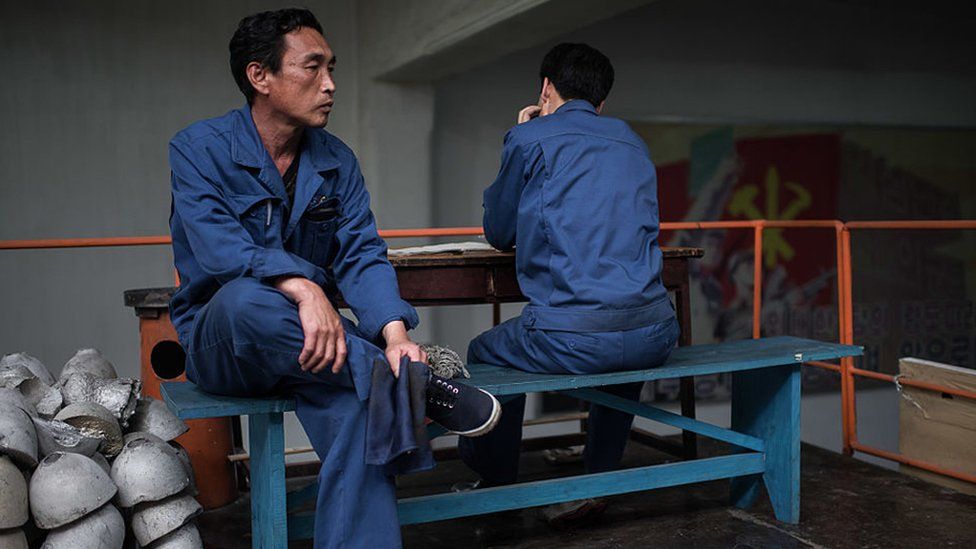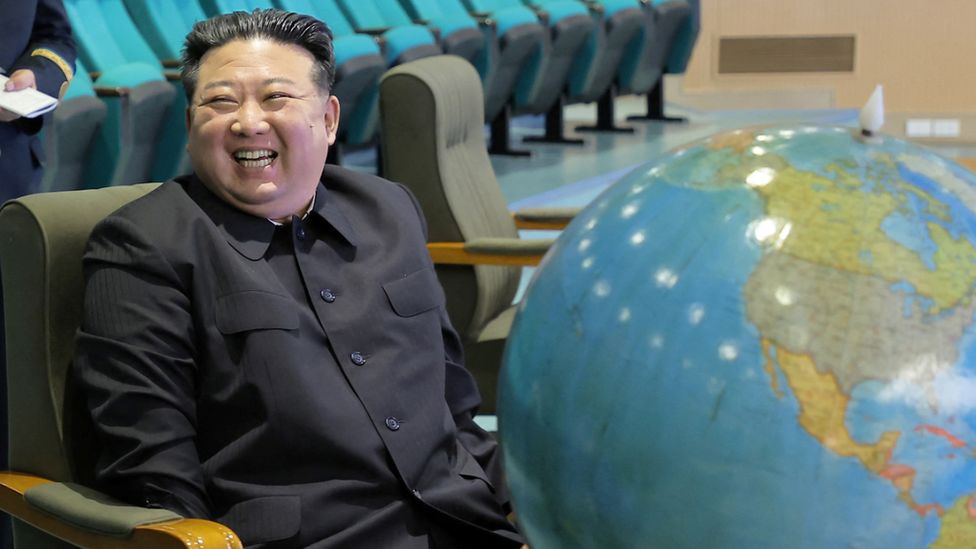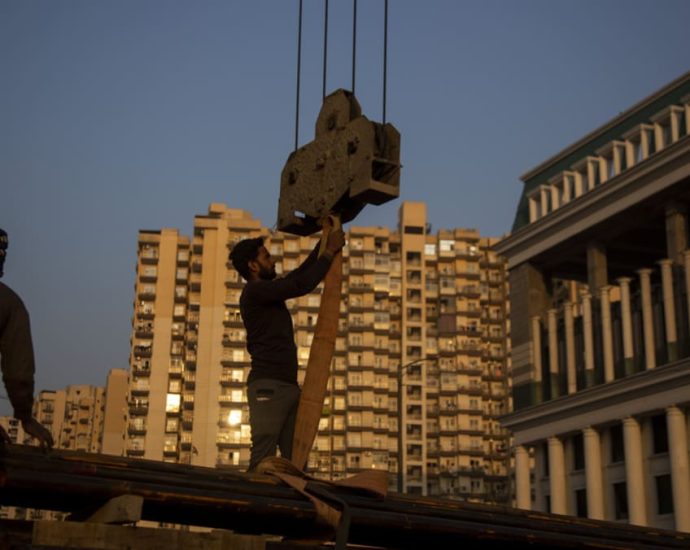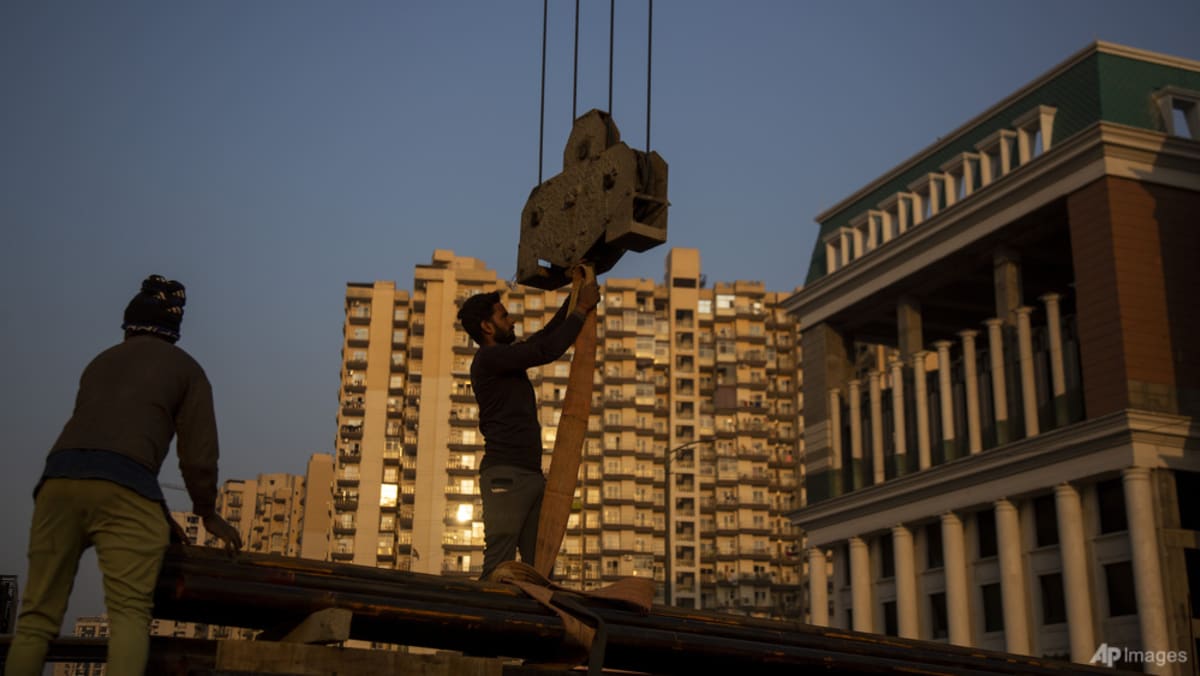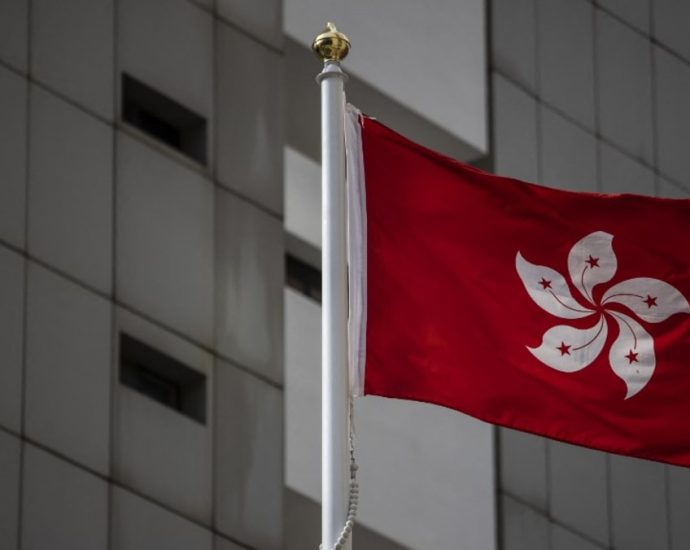Understanding Iranâs non-state network – Asia Times
During a three-day period in January, Iranian-supported militant groups employed an anti-ship missile to attack an oil tanker in the Red Sea, launched rockets into northern Israel from Lebanon, and used a drone strike to kill three US soldiers in Jordan.
These incidents marked the extension of attacks by Iranian-backed groups in the Middle East into the fourth straight month since the outbreak of the Israel-Hamas war on October 7, 2023.
Largely diplomatically isolated since the 1979 Iranian Revolution, unable to challenge US military power, and lacking the nuclear brinkmanship card held by North Korea, Iran has evolved its strategy of utilizing militant groups for decades.
Iran’s Quds Force has provided training, funding, and weapons assistance to various militant groups in the region, including Hamas, Hezbollah, and the Houthis. This strategy has advanced Iran’s geopolitical interests and afforded it plausible deniability, but not all of its associates march in lockstep with Tehran.
Part of Iran’s approach involves transforming militant forces into powerful political actors.
Hamas, founded in 1987 as an offshoot of the Muslim Brotherhood, gained prominence during the First Intifada against Israeli forces. Hamas grew closer to Iran during the early 1990s after the Oslo Accords initiated an ultimately failed peace process, with Iran providing financial and weapons support during the Second Intifada from 2000 to 2005.
When Israeli forces withdrew from Gaza in 2005, Hamas established administrative control over the territory after winning elections the following year, and has forbade elections since.
Consolidating armed Palestinian opposition under Hamas allows Tehran to challenge Israel directly. But as a Persian and Shiite Muslim country operating in a predominantly Arab and Sunni Muslim peninsula, Iran has offset its diplomatic and cultural isolation by using the Palestinian cause to criticize Arab governments growing closer to Israel in recent years.
October 7
Supporting Hamas against perceived inaction from Arab leaders has been a constant feature of Iranian public messaging. Further normalization between Israel and Arab states is now paused because of the Israel-Hamas war.
While Iran denied prior knowledge of the October 7 attack, it has expressed public support for Hamas since. Hamas leader Ismail Haniyeh has meanwhile stated that Iran provides US$70 million annually to the group in addition to ongoing logistical and weapons assistance, largely through smuggling operations.
However, relations between Iran and Hamas are largely limited to opposition to Israel and the West, and Hamas also receives financial support from Turkey, Qatar, and other sources.
Instead, Hezbollah has emerged as Iran’s most important non-state ally. Established as a Shia militia in 1982 during the Lebanese Civil War, Hezbollah’s significant military forces have been utilized to target Israeli and Western forces in the Middle East.
Since the recent conflict’s onset, Hezbollah has launched hundreds of missiles into northern Israel, but the destruction caused by the 2006 Lebanon War against Israel has made it cautious of further escalation.
Hezbollah is also strategically valuable in its role as an envoy to other militant groups. Hezbollah has historically trained Hamas militants in weapons systems and military exercises in Lebanon and Syria. Like Iran, Hezbollah also denied knowledge of the Hamas attack on October 7, but Iranian, Hezbollah, and Hamas officials have since met regularly to discuss strategy and cooperation.
Hezbollah in government
Beyond its military role, Hezbollah has evolved into Lebanon’s political powerbroker. Eight of its members were first elected to the Lebanese parliament in 1992, it joined the government for the first time in 2005, and in 2018, a Hezbollah-led coalition gained the majority of Lebanese parliamentary seats.
Despite losing its majority in 2022, its lingering influence over Lebanese politics indicates that Iran remains close to a state-capture-like situation, where external forces and interest groups gain systematic control over a country’s decision-making process.
Additionally, Hezbollah operates clinics, schools, banks, businesses, and other entities that have shielded it from Lebanon’s economic collapse and political stagnation since 2019, maintaining its “state-within-a-state” structure.
In addition to weapons and logistical support, Iran is believed to provide $700 million to Hezbollah every year. And when sanctions diminish Iranian assistance, Hezbollah also secures funding from legal businesses to criminal enterprises, activities that span across the Middle East, Africa, Europe, Latin America, and the US.
Iran and Syria, Iraq
Iran’s militant network in Syria meanwhile surged after the civil war broke out in 2011, threatening Iran’s long-term ally President Bashar al-Assad. Hezbollah and Iran recruited from Syria’s Shia community to form such groups as the Mahdi Army and al-Mukhtar al-Thaqafi Brigade, as well as some Sunni groups such as Liwa al-Quds, to aid the Syrian armed forces against Islamic State (ISIS) and pro-Western forces.
The Zainabiyoun Brigade and Fatemiyoun Brigade, largely consisting of Shia Muslims from Pakistan and Afghanistan, have been used by Iran in Syria.
As the Syrian government’s position has stabilized, Iran has attempted to integrate pro-Iranian militant groups into the Syrian armed forces and has used them to increase Iran’s political and economic influence in Syria as it competes with Russia. Since the start of the Israel-Hamas war, they have launched numerous strikes against US and allied forces within Syria.
Pro-Iranian Iraqi Shia militant groups have similarly increased rocket attacks against US forces in Iraq since October 7. Their growing strength goes back to the US-led occupation after 2003 that allowed Iran to bring such groups as the Badr Organization, funded and trained in Iran, back into Iraq. Iran also organized with other developing “Special Groups” of Shia militias to attack US forces.
After the departure of most US forces from Iraq in 2011, Iranian-backed groups sought political integration into Iraq’s fragile democracy. Alongside the Badr Organization, Kata’ib Hezbollah, Harakat Hezbollah al-Nujaba in Iraq (both distinct from Lebanese Hezbollah), and Asa’ib Ahl al-Haq (AAH) became some of Iraq’s most prominent political and militant forces.
In 2014, numerous pro-Iranian militant groups in Iraq were consolidated into the Popular Mobilization Forces (PMF) to combat ISIS, playing a crucial role in liberating much of the country and elevating their status.
In Iraq’s 2018 parliamentary elections, the PMF became the second-biggest bloc and “achieved one element of state capture” by securing government funding for itself the following year. PMF members now directly or indirectly control crucial government institutions such as the Interior Ministry and Supreme Court, and December 2023 elections saw the coalition win 101 of 285 provincial council seats.
The Islamic Resistance in Iraq (IRI), a leading group of PMF militias, has taken the initiative in attempting to push remaining US forces out of the country. Their attacks since October 7 have intensified discussions within Washington over whether to do so, while Iran denied knowledge of the drone attack which killed three US soldiers in January 2024.
Houthis
Washington has similarly been confronted by the Houthis since October 7. Emerging in Yemen in the early 1990s as a Shia Islamist group amid the country’s civil war, the Houthi movement initially focused on religious and cultural revivalism and combating corruption.
Hezbollah performed early outreach to the Houthis before Iran increased its financial, logistical, and weapons support in the 2010s as Yemen’s civil strife escalated. Iranian support increased further after Saudi Arabia invaded Yemen to fight the Houthis in 2015 until Saudi forces pulled out of the country in defeat in 2023.
Since the start of the Israel-Hamas war, the Houthis have fired several missiles into southern Israel. But their principal distraction has been attacks on shipping in the Red Sea in support of Hamas and the Palestinians. Acting in coordination with Iranian and Hezbollah officials, the Houthis have disrupted global trade and raised doubts over the US ability to ensure open sea lanes.
Doing so has enhanced their domestic support and expedited Yemen’s peace process, the conclusion of which would give the Houthis significant political control over the country. Iran has continued to offer support, providing data from an Iranian surveillance vessel to direct Houthi attacks in the Red Sea and ongoing weapons shipments to the group.
Other militant groups
While the more prominent pro-Iranian militias have been mentioned, smaller cells also exist.
The Palestinian Islamic Jihad complements Iranian influence in Gaza. In Bahrain, the Al-Ashtar Brigades and Saraya al-Mukhtar have been responsible for numerous attacks on security and government targets in promotion of Shiite interests, and Kuwait has witnessed several scandals involving the surfacing of pro-Iranian Shia militant cells over the past decade.
But Iran’s cultivation of militant groups and political exploitation is not without risk. The ongoing Hamas-Israel conflict has put Hamas’ rule in Gaza to the test, potentially undoing decades of investment. And Iran has only varying degrees of control over all these groups.
Hamas’ open support for Sunni militant groups in the Syrian civil war conflicted with Iran’s support for Syria’s Shia-dominated government, resulting in a temporary withdrawal of Iranian funding. Despite resuming in 2017, the affair highlighted Hamas’ and Tehran’s ideological divisions.
Iran is also alleged to have advised against the Houthis’ seizure of Yemen’s capital in 2014 and Iraqi militia leader Qais al-Khazali’s attack on US forces in 2020. Control over Iraqi militants has similarly weakened since 2020, and even Hezbollah military officials have reportedly refused orders from Iran in Syria.
Yet voicing public dissatisfaction with these groups would undermine Iran’s portrayal of leadership and unity against Israel and Western powers, limiting its ability to rebuke them or reign them in.
Iraq’s Iran-aligned groups meanwhile have “fierce internal rivalries” that inhibit greater coordination, and Iran’s interference in Iraq has resulted in significant consequences.
In the 1980s, Iran’s support for Iraq’s Kurds saw Iraq support Kurdish separatists in Iran, which continue to attack Iran from Iraq to this day. The January 2024 exchange of fire between Iranian forces and Balochistan militants in Pakistan, followed by retaliatory strikes by Pakistan against groups in Iran, revealed the challenges Iran faces in managing militant groups both internally and with its neighbors.
Iran, however, will likely persist with its strategy, even if it obtains nuclear weapons. Its proxy groups’ amassed military and political power have helped Iran challenge its enemies and inch close to state capture (or state failure) in several countries.
As the US continues its gradual pullout from the Middle East, there is no telling how these groups may continue to evolve – with or without Iranian assistance.
This article was produced by Economy for All, a project of the Independent Media Institute, which provided it to Asia Times.






